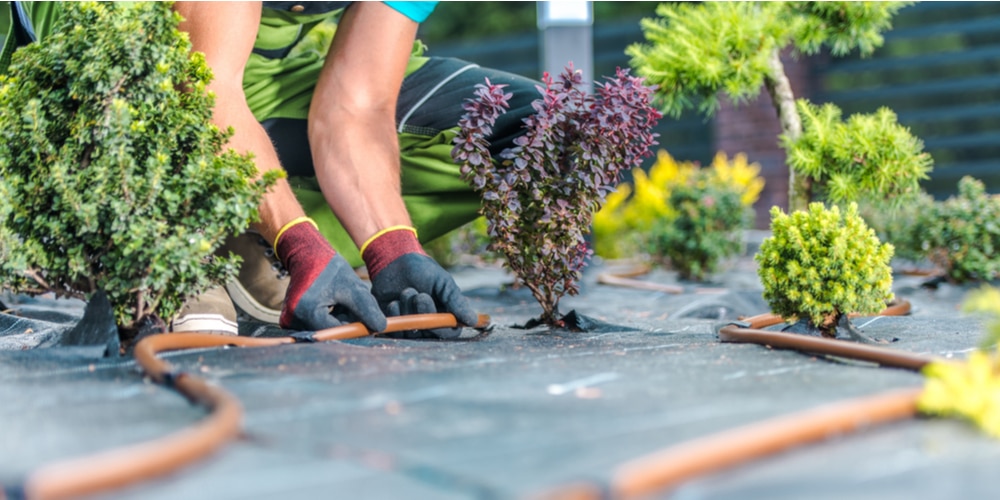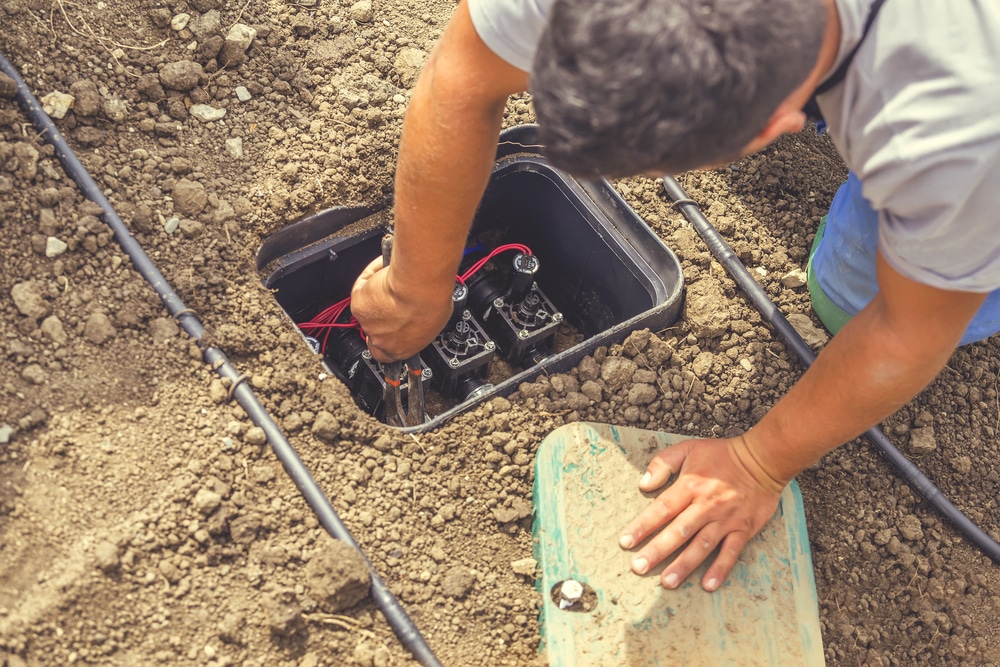With a fertile and well-maintained landscape, you can be confident that your plants will thrive. The main drawback is if you are planting your crops on dry land.
Fortunately, many irrigation techniques, like drip irrigation, are beneficial. This irrigation technique entails using tubes to drip water into the roots. Examples of drip irrigation systems include porous pipe, punch-in emitters, and pre-installed.
Read on for a closer look at the pros and cons of drip irrigation.
The Advantages of Drip Irrigation
Many people prefer drip irrigation because it has several benefits. Let’s look at these advantages.
Less Consumption of Water
The main benefit of using drip irrigation is low water consumption. You can regulate the amount of water each plant consumes per day. For instance, the irrigation system has a valve tap that reduces water pressure to ensure it drips. Depending on the current climate, you can regulate water by closing and opening the valve tap.
Another benefit is that water is not wasted. Since water is directed into the plant’s roots, it cannot evaporate, especially when it is hot. You will be sure that the plant has used 90% of the water, making drip irrigation very efficient.
Boosts Plant Health
With drip irrigation, you will be certain that most of your plants will be healthy. The main shortcoming of using other irrigation systems is that they are not flexible.
For instance, you cannot adjust these irrigation systems, causing you to overwater the plants. It means that some plants will have more water than others, leading to healthy and unhealthy plants.
In contrast, one can customize their drip irrigation system to provide equal water to each plant. The primary outcome is that all your plants will be healthy since they have sufficient water and nutrients.
Efficient Fertilizer Use
One of the benefits of drip irrigation is that your plant will receive adequate fertilizer. You can dissolve the fertilizer in the water and inject it into the plants through drip irrigation. It ensures all your plants receive sufficient and consistent nutrients.
Another benefit is that drip irrigation prevents overfertilization, which can negatively affect your plants.
These Systems Are Flexible
You can use the drip irrigation system on fields with uneven landscapes and soil texture. It allows you to customize this irrigation system to match your landscape and planting needs to boost its effectiveness.
Cheap
It is cheaper to install and maintain a drip irrigation system than other methods. Less labor is required during installation, and the material cost is low.
You will also offset various expenses in the future by saving energy. This is a cost-effective irrigation method for large-scale farmers.
The Disadvantages of Drip Irrigation
There are several disadvantages of drip irrigation. Let’s discuss them in detail.
Clogging
The main shortcoming of drip irrigation is that the tiny holes may be clogged after a while. This occurs mainly if your tap water contains iron. The holes may also be clogged if you do not maintain this irrigation system properly.
Installation Can Be Strenuous
Installing the drip irrigation system can be stressful, especially if you are a large-scale farmer. You must hire a professional to help you plan the installation process. You will also require various materials, especially if you want a customized system.
Needs Regular Maintenance
Another shortcoming of drip irrigation is checking it often to ensure it is functioning correctly. For instance, it can be hard to identify clogged holes at first glance if you have many plants. This means you must keep inspecting your drip system to ensure all the plants receive sufficient water.
Conclusion
Drip irrigation will grow in the future since its benefits outweigh the shortcomings. The main challenge is that some people are unfamiliar with this irrigation system.
Increasing the awareness of this irrigation system will be integral in convincing more farmers to implement it. Drip irrigation is a water-conserving method that is ideal for large-scale farming.

